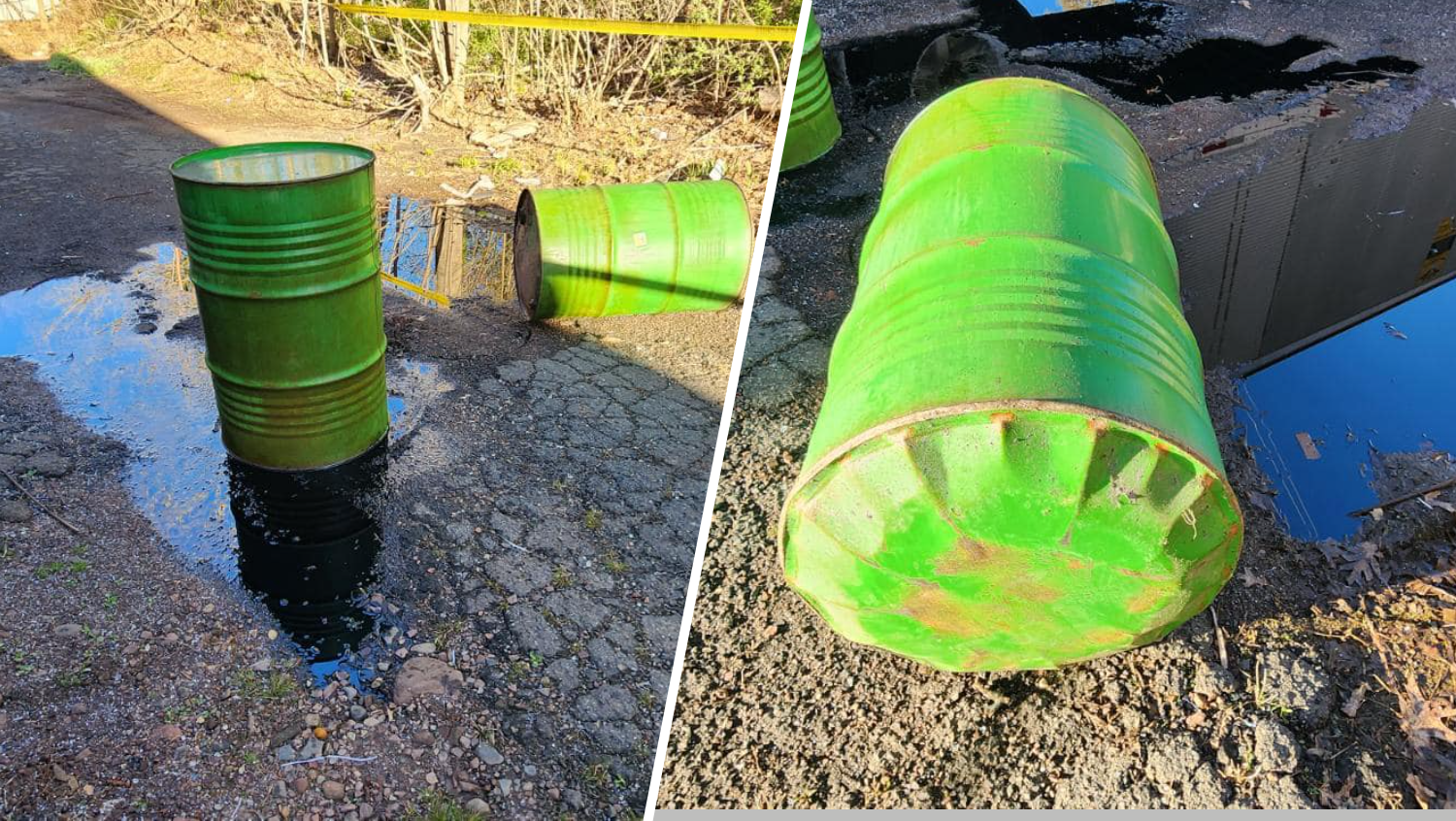If you've lived in Connecticut long enough, chances are you have seen a bear. But if you haven't, now might be your chance because the Department of Energy and Environmental Protection says this is the time of year that bears are out looking to pack on some extra pounds for the winter.
Jenny Dickson from the DEEP Wildlife Division sat down with NBC Connecticut's Dan Corcoran to talk about what to expect.
Dan: "Jenny, when the weather gets cold, a lot of people just want to stay inside. But this is when bears are actually pretty active, right?"
Dickson: "Oh, absolutely. This time of year, they've got to try and add on any last bit of weight they can before hibernation, so they are, you know, looking for food about 20 out of 24 hours a day really trying to pack on that last little bit of poundage. So, you know, Thanksgiving doesn't happen just one day for those guys. They're really working on it for the next few weeks here."
Get Connecticut local news, weather forecasts and entertainment stories to your inbox. Sign up for NBC Connecticut newsletters.
Dan: "So just how much do bears eat before the winter? And what do they eat?"
Dickson: "Well, this time of year, they're looking to have a diet of about 20,000 calories a day. So I think that makes most of our heads spin if we're trying to think about, you know, maintaining our way to probably a 1,200-calorie diet or something like that. So a tremendous amount. They're going to be eating a lot of natural foods, so things like acorns, berries, seeds, you know, those kinds of things that they can find out and about. But they are omnivores, so they'll eat a little bit of anything."
Dan: "20,000 calories a day? Wow. Well, it seems like common sense. But the DEEP is constantly warning people not to interact with the bears, no matter how cute are hungry, these bears."
Local
Dickson: "Absolutely, you know, bears are wild animals. Wild animals are always unpredictable. And this time of year when food is the main objective. Getting between them and something they want to eat is never a good idea. So that's, you know, that's an important part of it. The other problem is that if we do things that either intentionally or unintentionally feed bears and results in them getting food, it causes something that we call habituation. It makes the bears a lot less afraid of people, it makes them much more likely to check out houses and backyards as sources of food. And the bears become a lot more bold. So that is bad, not just for us and for our pets. But it's also bad for the bears because that means they're visiting neighborhoods and yards a lot more it increases the likelihood they can be hit by cars."
Dan: "Let's talk big picture here. How is the bear population doing in Connecticut at this point, is it growing?"
Dickson: "The bear population is absolutely growing in Connecticut. They have very few natural predators and so the population is able to grow pretty much unchecked. The other challenge for us is that there's a lot of good food in Connecticut and a lot of good habitat. So their reproductive success is high and their survival rate is very high for young bears. So our bear population is doing very, very well and growing very quickly."



